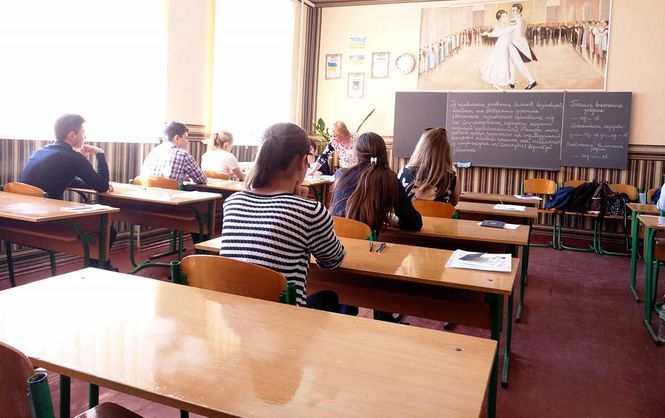What would happen after cancellation of External Independent Evaluation (EIE)? External tests for school graduates are widely used in the world. However, as an example, in the large majority of member countries of Organisation for Economic Co-operation and Development (OECD) national final tests do not have any consequences for pupils and are conducted with aim to provide midterm and diagnostic information for teachers or to monitor general success of educational system. Among 36 investigated educational systems in OECD member countries – 29 use such evaluations in elementary and 27 – in secondary schools. Of course, it is due to autonomy of the universities and high level of integrity in educational systems of developed countries. In many cases it is also due to paid higher education, willingness of people to invest in education as well as affordable loans for those who want to study, but cannot pay for it. It allows leading universities to select those students who meet their own criteria. Autonomy of the universities is an integral part of reform of higher education in Ukraine too. However, in order to implement this reform it is necessary to overcome the rector’s feudalism, which in many cases is the cause of both corruption and malevolence. How did the EIE Institute influence this situation for 10 years? Indeed, it cut off the corruption at entrance, but left it inside high schools. Thus, EIE increases the chances for talented but poor youth to enter the universities, but it does not help to graduate with honors. Nevertheless, even the honors students are not guaranteed place under the sun on the current labor market.


Вам також буде цікаво:
The Ghost of University
Nadiya Koval about the threat of pro-Russian candidate victory on the election in France: it will change the attitude towards Ukraine
The future of jury trial in Ukraine. Expert debates
WHY ANATOLIY HRYTSENKO “CANNOT MAKE IT”
Educational institutions as a school of partnership for society
The Forgotten Crisis of Europe